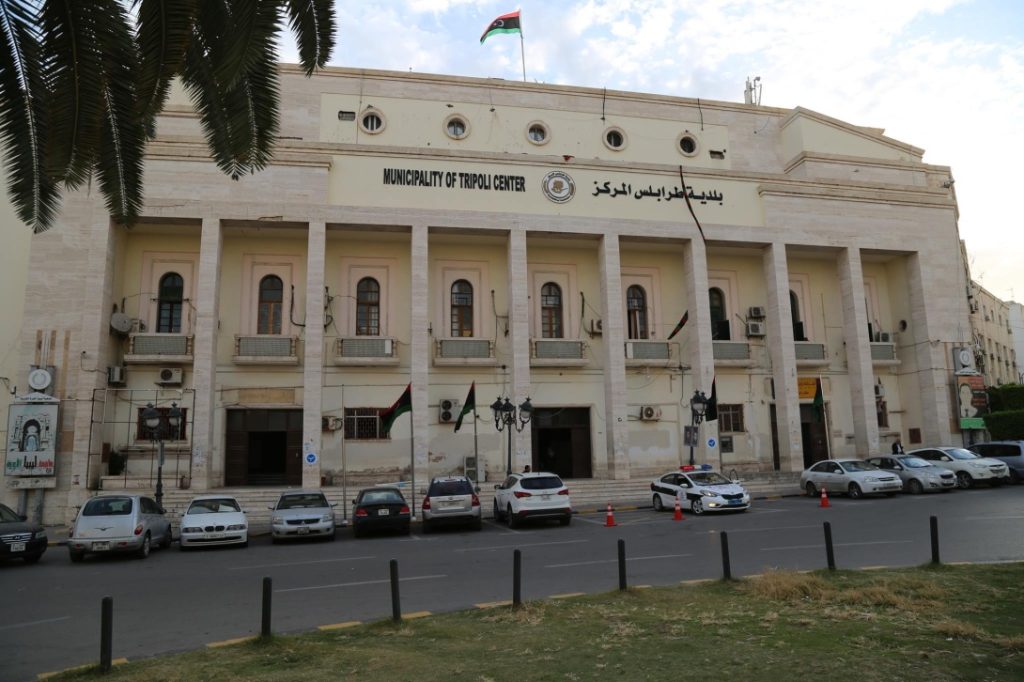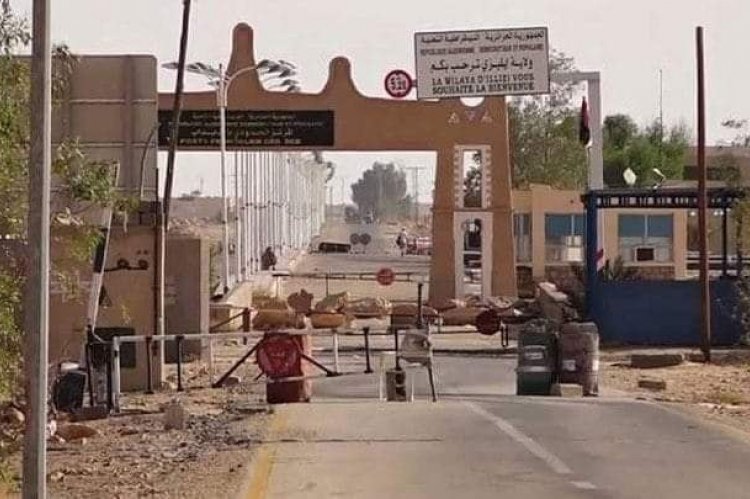Libya Europe Maghreb Cooperation in a Recalibrated Mediterranean Order
As Europe reassesses its partnerships in the Maghreb, libya europe maghreb cooperation is reemerging as a strategic bridge between North Africa and the European Union. With France and Algeria navigating strained diplomatic ties and Italy seeking new energy corridors, Libya’s position on the southern Mediterranean rim offers both opportunity and responsibility.
Its vast oil and gas reserves, renewable potential, and proximity to Europe make it central to two of the EU’s highest priorities, energy diversification and migration management. For Libya, this realignment presents a rare window to transform from a post-conflict state into a constructive regional partner. The country’s stability, long perceived as fragile, has shown signs of endurance. Production levels remain steady, foreign companies are cautiously reengaging, and both national administrations increasingly understand that global energy and migration agendas now place Libya in a uniquely strategic position.
Libya Europe Maghreb Geography and Strategic Advantage
Few states in the region combine geography and resource potential like Libya. Its 1,770-kilometer coastline sits opposite southern Europe, providing a natural conduit for energy exports and maritime cooperation. The country’s ports, once symbols of conflict and disruption, are quietly reactivating as nodes in a more interconnected Mediterranean economy.
This geographic advantage is amplified by Libya’s energy infrastructure. The Greenstream pipeline, which links Libya to Italy, continues to play a vital role in supplying European markets with natural gas. With European demand for non-Russian energy sources persisting, Libya’s underused capacity offers a long-term opportunity to reinforce its economic sovereignty and regional credibility.
The EU’s engagement reflects this shift. Through its European Neighborhood Policy and the EU Border Assistance Mission, Brussels has expanded technical and financial support for coastal monitoring, infrastructure rehabilitation, and renewable energy integration. Josep Borrell, the EU’s High Representative, recently noted that “Libya is central to Europe’s southern security architecture” (Politico Europe, August 30, 2025).
While governance divides between Tripoli and Benghazi still complicate unified policymaking, pragmatic coordination, especially in energy production and migration control, continues to advance. Both administrations recognize that consistency in these areas underpins international trust and investment. The divide remains real, but so too is the recognition that operational cooperation benefits both sides.
France, Italy, and the Competition for Influence
Europe’s internal competition for influence in Libya has entered a new, more practical phase. France and Italy, despite their divergent approaches during Libya’s conflict years, now recognize that mutual stability and secure energy flows are in their shared interest.
French major TotalEnergies has expanded its operations in the Sirte Basin, signing new agreements to enhance production capacity and modernize aging infrastructure. Italy’s Eni, meanwhile, has deepened its LNG footprint through the Mellitah complex, partnering with Libya’s National Oil Corporation (NOC) to bolster exports. These moves reflect a recognition that Libya’s stability is not just a Libyan concern, it is central to Europe’s broader energy security.
Le Monde Diplomatique recently observed that “France sees Libya as a stabilizing counterweight to Algeria’s unpredictability” (September 10, 2025). While such positioning should be read cautiously, it highlights a regional rebalancing that places Libya back into European strategic thinking. For Libya, this dynamic creates leverage, it can engage both Paris and Rome not as a client state but as a necessary partner in a changing Mediterranean landscape.
Pragmatic Diplomacy Beyond Political Alignments
Libya’s foreign relations have often been shaped by external rivalries and internal divisions. Today, however, the country has an opportunity to define a new kind of diplomacy, one rooted in practical cooperation rather than political alignment.
Its neutrality in regional disputes allows it to engage on specific, high-impact issues such as migration management, counterterrorism, and energy development. EU-backed programs such as the Integrated Border Management initiative and the planned Energy Partnership Facility show how technical collaboration can transcend politics.
A European Commission policy brief recently emphasized that “Libya’s cooperation on energy and migration is critical for Europe’s stability” (September 15, 2025). For Libya, such cooperation brings tangible benefits, infrastructure investment, capacity building, and entry into Mediterranean trade and data-sharing frameworks.
This pragmatic diplomacy also positions Libya to strengthen its ties beyond Europe. Cairo, Tunis, and Niamey have all expressed interest in cross-border energy and security coordination. By linking its Mediterranean partnerships with African energy and transport corridors, libya europe maghreb cooperation could position Libya as a connective hub between Europe and the Sahel, blending economic opportunity with regional stability.
Regional Connectivity and Strategic Continuity
Regional connectivity is the missing piece that could transform Libya’s strategic potential into lasting influence. Investments in port modernization, logistics infrastructure, and renewable energy capacity are beginning to align with broader African and Mediterranean networks.
In Benghazi and Misrata, port rehabilitation projects supported by international partners are restoring trade capacity, while plans for solar and wind development in the south point to a gradual diversification of Libya’s energy base. Such developments, if sustained, could turn Libya from a resource exporter into a logistics and energy corridor linking Europe to Africa.
The east–west divide remains a constraint, but it no longer defines Libya’s international outlook. Both administrations have learned that foreign engagement, whether through the NOC, municipal partnerships, or regional development initiatives, depends on consistent signals of reliability. The country’s future relevance lies not in unifying its politics overnight, but in coordinating enough to function credibly on the international stage.
Libya Europe Maghreb: A Forward-Looking Mediterranean Partner
Libya’s transformation will not happen through declarations or conferences but through a series of incremental, credible actions. Energy cooperation, migration management, and infrastructure integration are pragmatic arenas where progress is visible and measurable.
Europe, in turn, has an interest in supporting Libya’s gradual institutional recovery. A stable, energy-connected Libya reduces volatility in the Maghreb, secures Europe’s southern flank, and creates conditions for investment that benefit both sides.
Libya’s geography has always defined its challenges, it can now define its advantage. Situated between the Maghreb and the Mediterranean, the country has a chance to become more than a security concern, it can be a partner in shaping a shared regional future built on energy, connectivity, and mutual reliability.



